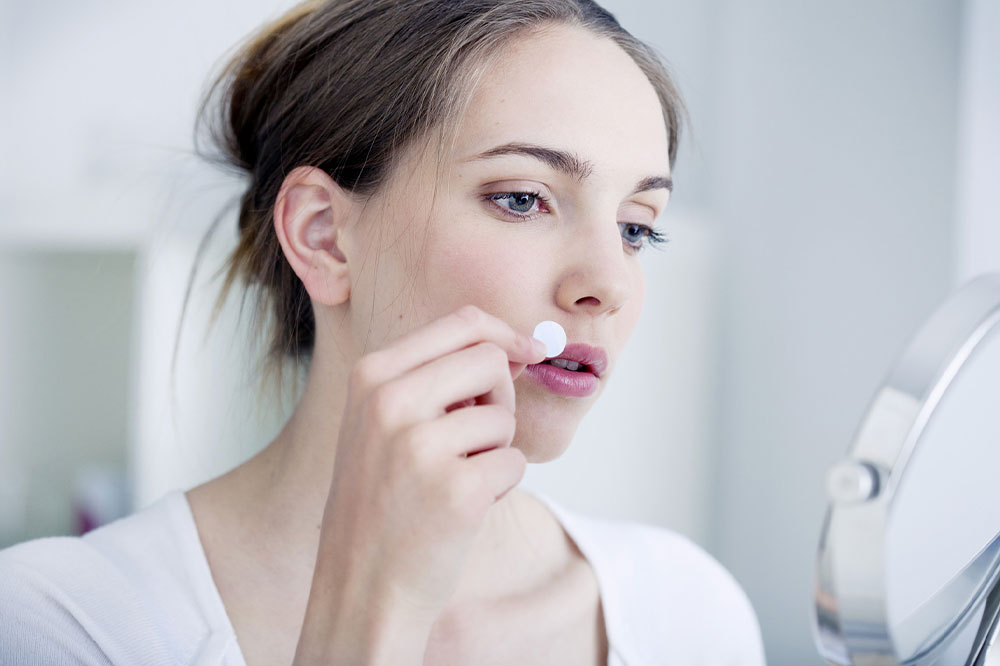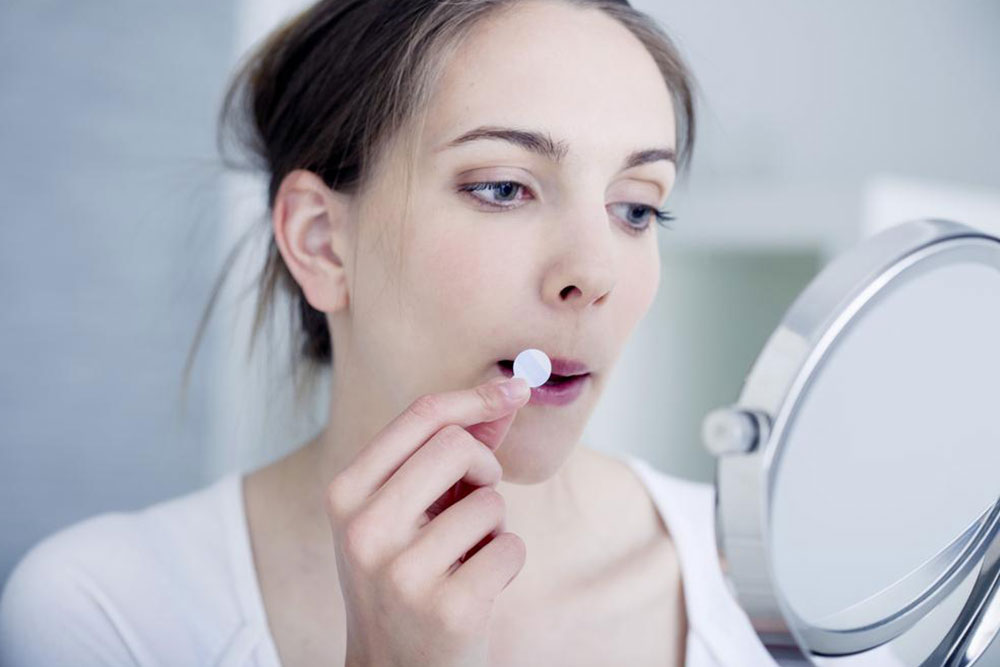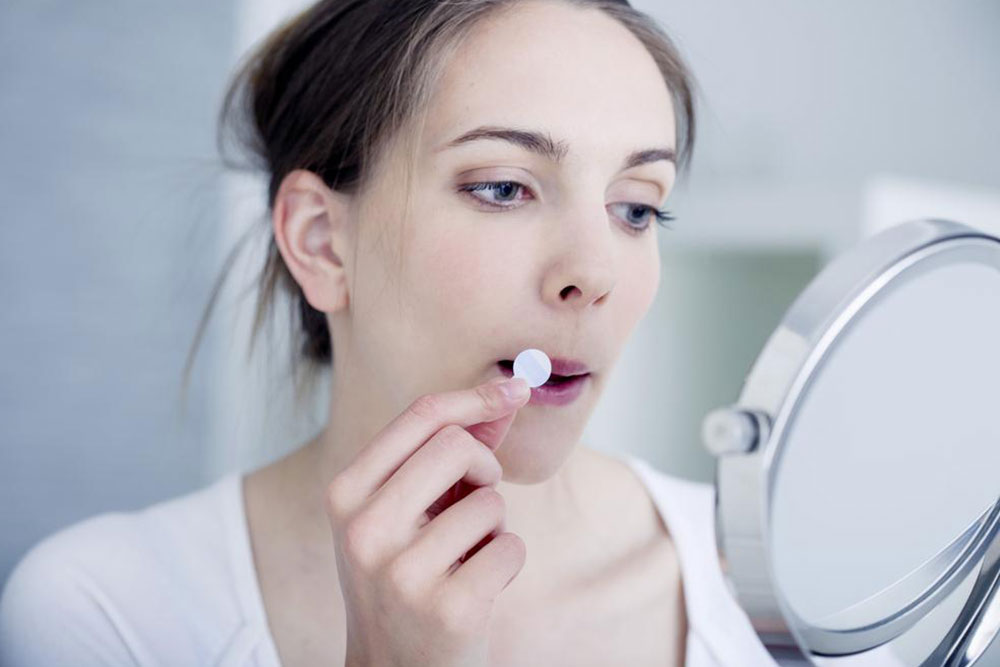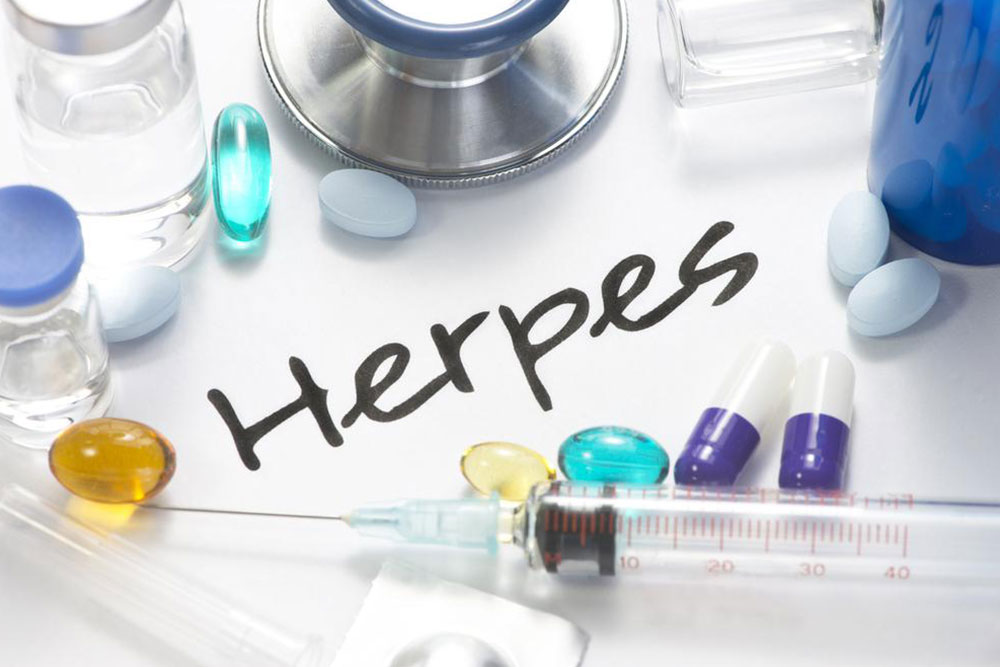Comprehensive Guide to Managing Herpes Breakouts Effectively
This comprehensive guide offers practical strategies for managing herpes outbreaks effectively. Learn about hygienic practices, home remedies, dietary adjustments, and stress management techniques to reduce symptoms, promote faster healing, and minimize the frequency of flare-ups. Tailored tips for caring for herpes sores and enhancing overall immunity make this a valuable resource for those living with the condition. By adopting these measures, individuals can regain control and improve their quality of life despite a herpes diagnosis.
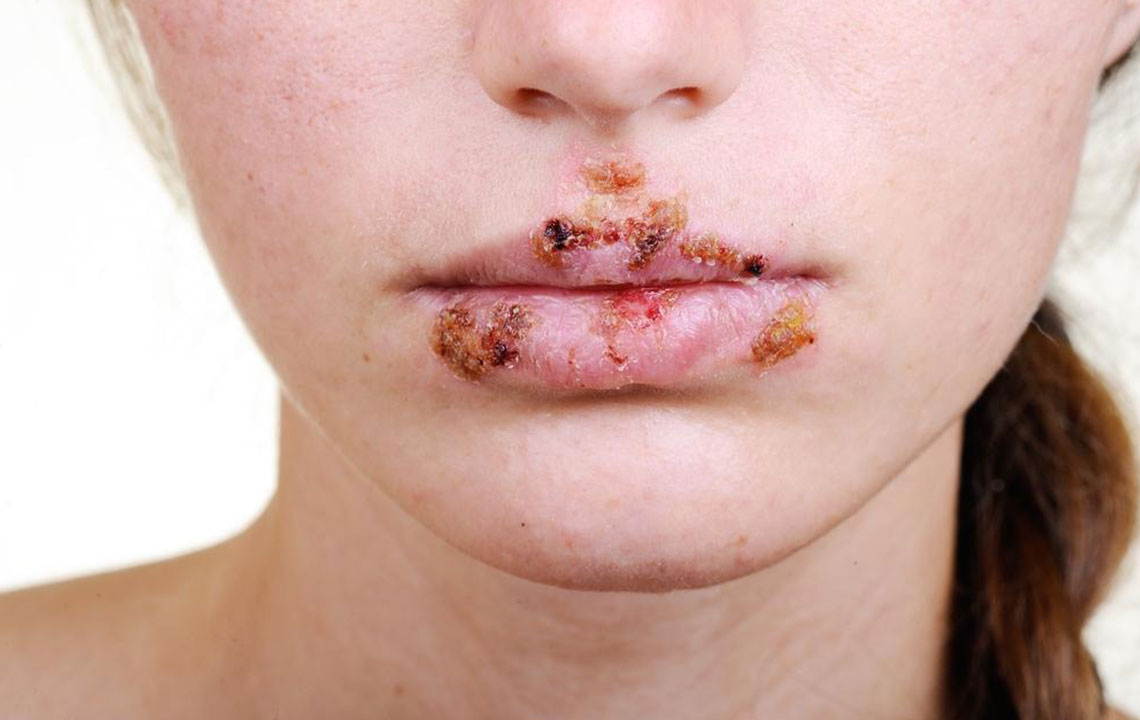
Comprehensive Guide to Managing Herpes Breakouts Effectively
Herpes simplex virus (HSV) infections are a common condition affecting millions worldwide. While there is currently no outright cure for herpes, individuals affected by this virus can employ various effective management strategies to reduce symptoms, speed up healing, and minimize the frequency and severity of outbreaks. This extensive guide covers practical tips, home remedies, dietary advice, stress management techniques, and hygienic practices to help those living with herpes take control of their condition and improve their quality of life.
Key Precautions During Outbreaks: Maintaining a cautious approach during herpes flare-ups is crucial. Refrain from touching or scratching sores to prevent spreading the virus to other parts of your body or to other individuals. During active outbreaks, it’s advisable to avoid sexual activity to reduce transmission risk and prevent aggravating the sores. Maintaining impeccable hand hygiene is essential—wash your hands frequently, especially before applying topical treatments or touching affected areas. Keep nails short and clean to prevent accidental scratching or infection. It’s also important to keep sores exposed to air whenever possible, as this facilitates drying and speeds healing while preventing excessive moisture accumulation from sweat which can cause irritation.
Focusing on healing during outbreaks involves a combination of proven home remedies and proper skin care. Applying cornstarch directly on sores can help soothe itching and reduce moisture that promotes viral activity. Warm saltwater baths serve as natural disinfectants—soaking in saltwater helps cleanse the lesions and provides relief from discomfort. When choosing clothing, opt for breathable fabrics—such as cotton—to prevent irritation and keep the area dry. Using topical treatment options containing vitamin E and vitamin A can support skin healing and reduce scarring. Additionally, keeping the affected area clean and dry is essential for preventing secondary bacterial infections.
Enhancing Nutritional Support: Dietary choices can influence herpes outbreaks. Supplements like L-lysine have been reported to decrease the frequency and severity of breakouts. Consuming foods naturally rich in L-lysine, such as dairy products, fish, and legumes, can be beneficial. Conversely, it’s advisable to limit or avoid foods that may trigger outbreaks—spicy foods, citrus fruits, caffeine, and processed snacks. Keeping well-hydrated by drinking plenty of water helps maintain overall health and supports the immune system’s ability to control the virus.
Managing Stress for Herpes Control: Stress is a well-known trigger for herpes flare-ups. Incorporate stress-reduction practices into your daily routine, such as meditation, deep-breathing exercises, yoga, or tai chi, to help calm your mind and reduce cortisol levels. Taking soothing baths with baking soda or Epsom salts can also provide relief from swelling and discomfort. Prioritizing self-care, adequate sleep, and regular physical activity further bolster your body's resilience against outbreaks. Remember, since herpes sores are delicate, gentle handling during flare-ups and maintaining a calm, stress-free environment are vital components of effective management.
